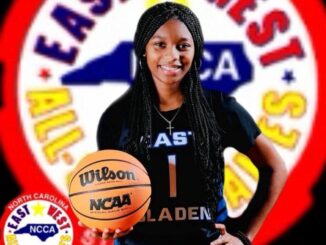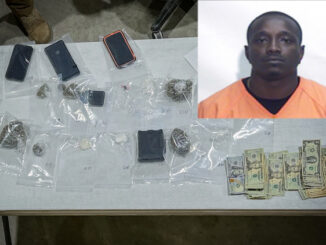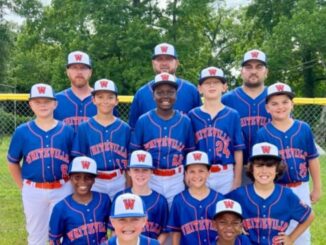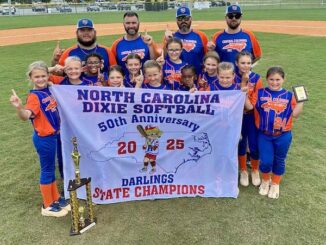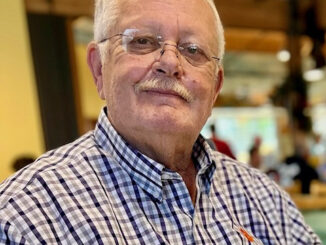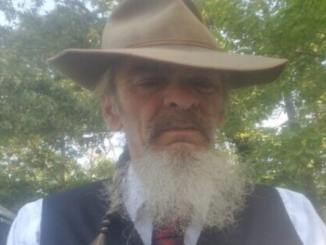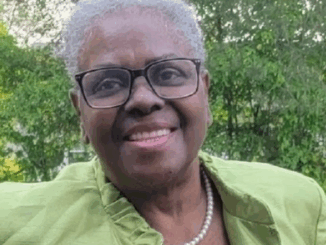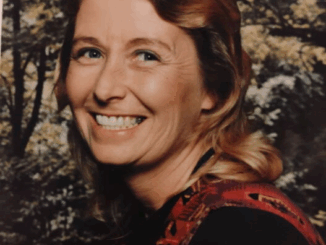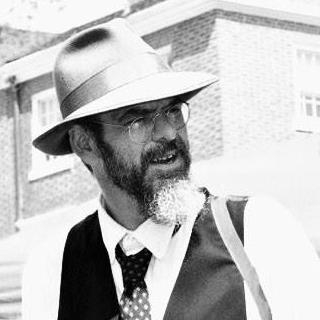
The box, like many, still bears the marks of time, a flood, and a half-dozen moves.
Faded magic marker, remnants of an organized attempt at relocating from one home to another, gives a hint to the contents: BASEBALLS.
In a way, the description is misleading; there’s more than baseballs inside. There’s a ceramic statue of a dreamily smiling ball player named, appropriately, Smiley. It was a birthday present from a fellow second grader whose mother was Queen of All Things Ceramic (and I suspect, she was in need of an emergency birthday present, since second graders have never been good about letting Mom know about things in advance). There are a couple of gloves, all stiff with age. A trophy from a strange season when my team won the championship, but didn’t.
And of course, there are a couple of baseballs, stained horsehide crackly with age, There’s even one wrapped in bone-jarring electrical tape, and there’s a virtually indestructible practice ball one received in exchange for a half-dozen proofs of purchase from cereal boxes.
I was never a good ball player, although I loved the sport and I tried. As with other sports, I was too fat and slow and clumsy, although with my Old Man’s tutelage I learned to be a long-ball hitter, since I needed time to get around the bases.
I tried playing infield, but again, I was even less coordinated than most of my teammates, so when I did get to play I was usually far in the outfield — right field, of course, since the ball had a major advantage of me when it came to speed.
I grew up in a baseball family; Brother Mike, Papa and I played catch on Sunday afternoons, and went to Legion ball games during the week. We went to church softball games as well, to cheer on the men from our fellowship. Although softball ain’t baseball, the competition between Baptists and Methodists, Free Will Baptists and Pentecostals on the diamond was more keen than in the parking lot of a favorite restaurant on Sunday afternoon. There were even a few decidedly unChristian scrapes every season which resulted in players and coaches being ejected and meetings with the deacon board.
We went to the Durham Bulls ballpark on occasion, and when Fayetteville got its own minor league team, it was Heaven on earth, since that was less than half the distance as Durham.
And we went to my own games — what was called Farm League in our town, then Junior League, and then school ball. My junior high school didn’t have a JV and Varsity baseball team, but combined all the age groups, as did the rest of the conference was the same when it came to America’s game.
When I started public school in the ninth grade, there just didn’t seem to be the passion for the diamond (and by then, Papa was working out of town, the competition was too fierce for me to try out, and I had given up the ballfields for the woods and water.)
I have related, likely too many times, how special it was when Papa could come to my games as a kid; it meant a serious commitment for him, due to work, but he loved his youngest son and the game. There were several times during practices that he gently offered the coaches advice, and was actually welcomed on the field.
Papa had been there and done that, decades before I was born, managing, coaching and playing semi-pro and minor league ball. Some of his players went on to the major leagues; there’s a grainy film showing my dad shaking hands with a Washington Senator who was headed for the Army in World War II, a young man whose career began on a sandlot in a Virginia crossroads.
I know my dad’s dreams would have come true for myself or one of my brothers to have been a major league ballplayer, but he never showed any disappointment that none of us would star in The Show. He wanted us to do our best and be happy with whatever we did.
When I played ball, however, he did his best to give me every edge that was available. We paced off a diamond in the big backyard, where the neighborhood kids occasionally gathered for a pick-up game. The girls played as hard if not harder than the boys, by the way.
We spent every Saturday and Sunday afternoon we could with him pitching harder than he needed to (not out of malice, but so I would be over-prepared for kids my age who could make a curveball dance or bring the real heat over the plate). Sometimes Brother Mike was the catcher, sometimes batting practice had a time out while we hunted up the strikes I’d missed, then birddogged the hits I’d made. There were more of the former than the latter, since I was a lousy judge of balls.
Once in a while I’d bring home a swollen, split baseball recovered from the creek behind the high school field (there were lots of frogs, tadpoles and crawfish in there). Papa would repair the stitching if he could, but most times the ball was wrapped tightly with black tape that burned your fingers through your glove and absorbed none of the impact when a well-swung wooden bat actually made contact.
Regarding that trophy — my last year playing school ball, our team was almost unstoppable. We were a cinch to win the conference, then move up to regionals. Our last game was supposed to be just a stepping stone, since we had thoroughly trounced the competition in a regular season game.
But on that day, our bats were cold. Our gloves were sloppy. The umpire was unforgiving. Our star pitcher, who was being scouted for the majors, couldn’t get a ball across the plate for love nor money.
Some said our coach had jinxed us, since he had already made up the championship trophies before the game. It wasn’t arrogance or laughing in the face of superstition. He had to meet a deadline at the trophy store to get them on time. Plus, he didn’t tell us about the trophies, until a what should have been a celebratory cookout at his house well after the game.
All athletic seasons have been messed up since the plague came to visit last year; it did my heart good a few weeks ago to see the announcements for youth signups. Then there was a message from a friend who said he couldn’t talk until the next day, since his kids were at practice. Another friend may be coaching, as his boys have a love of the game that overrides everything, even fishing and girls. I envy them, really.
There’s a lot more than baseballs in that box. There’s the joy at hearing my dad cheering, when I didn’t know he was going to make it to a game. There’s a well-meaning coach who in some minds cursed our championship. There’s the memory of hearing my first “real” bat connect with a “real” ball the first time, and watching one of the neighbors running, head turned to the sky, as the ball flew toward his grandma’s house.
There’s some of the joy and excitement and passion that hadn’t changed from when my dad was a young man, and still lives on today, in the ballplayers who dream of “ballparks like cathedrals” on a hot summer’s afternoon, but know that each pitch, each swing, each run is just another step on the way.
Regardless of the note on the outside, there’s much, much more in that box than just baseballs.


